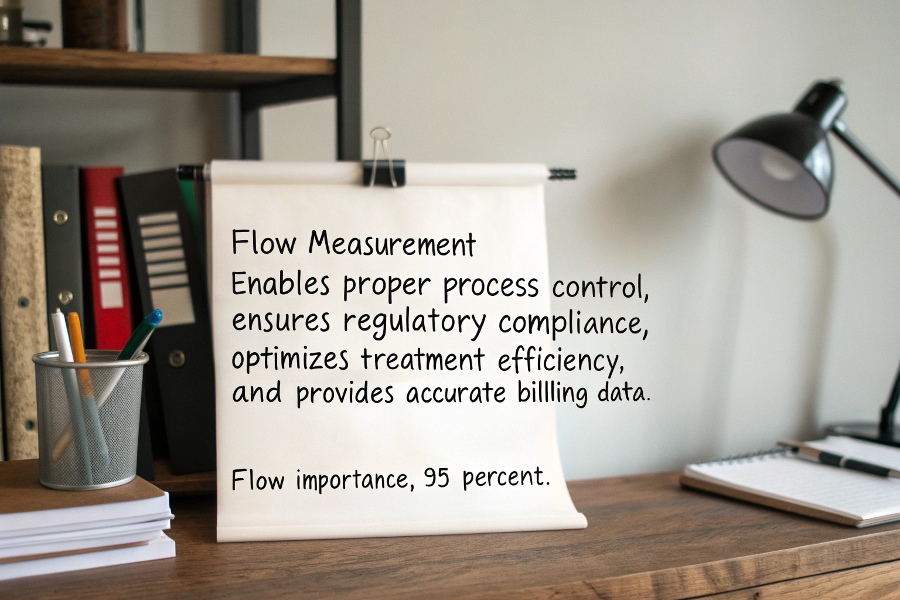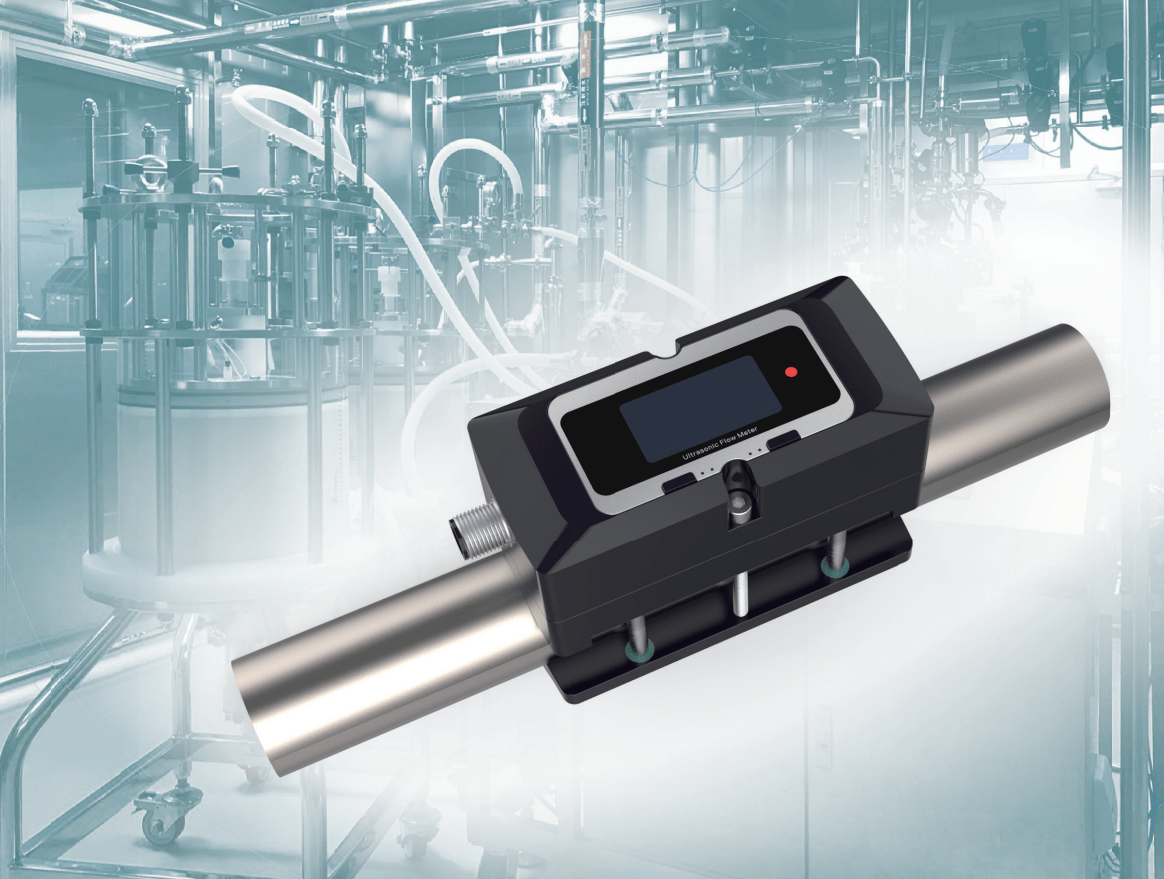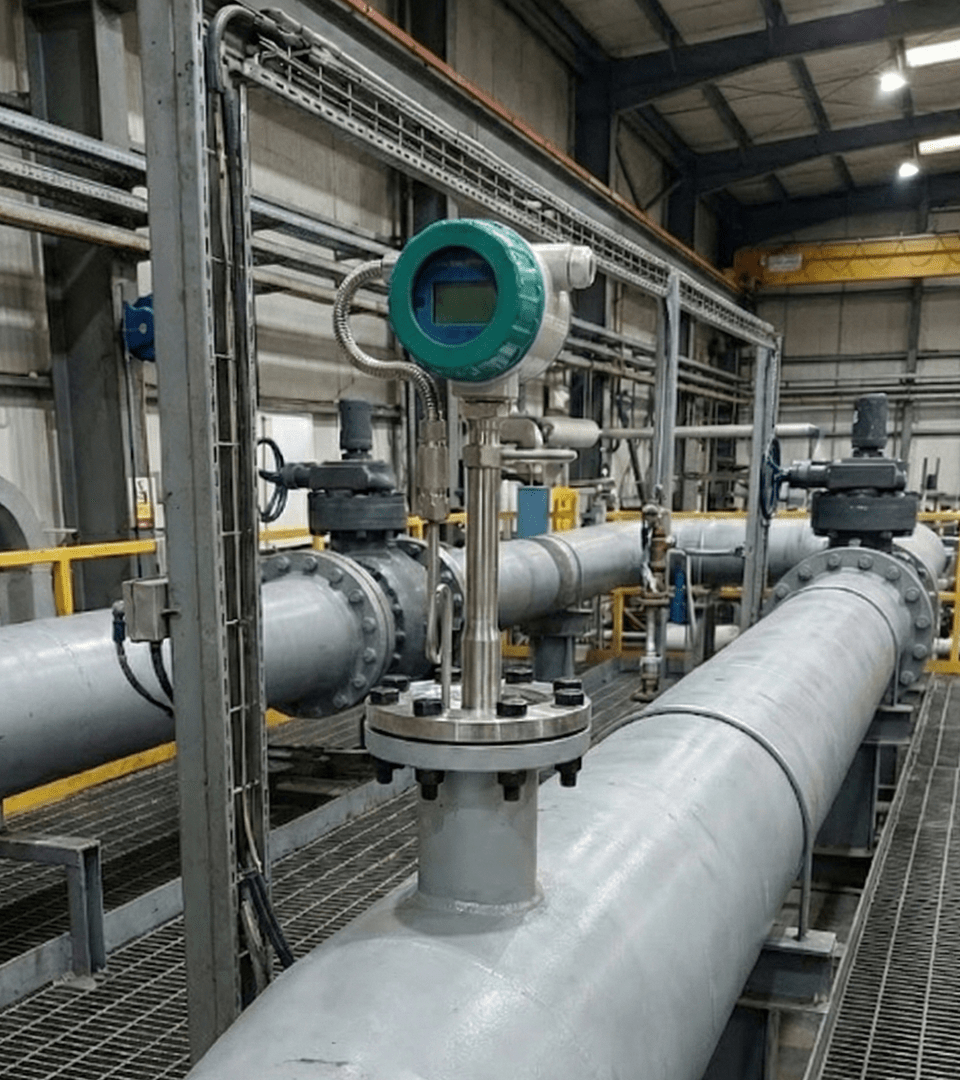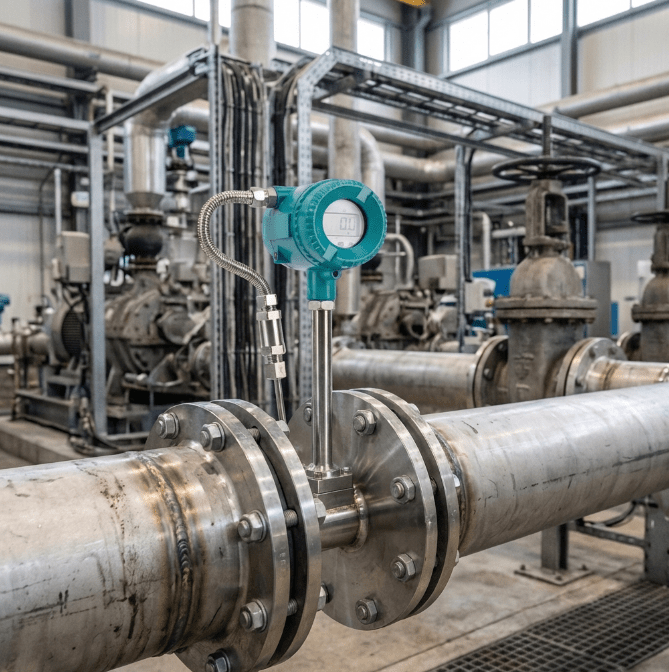Inefficient wastewater treatment can lead to environmental violations and increased operational costs without proper flow measurement.
A flow meter in wastewater treatment is a device that measures the volume of water passing through a pipe or channel, crucial for process control and regulatory compliance.
I’ve worked with numerous wastewater treatment plants, and I’ll share my insights about flow measurement solutions.
What Is The Purpose Of A Flowmeter?
Plant operators often struggle to maintain efficient treatment processes without accurate flow measurement.
Flowmeters help monitor and control process operations, ensure regulatory compliance, optimize chemical dosing, and manage energy consumption in treatment facilities.
From my experience implementing flow measurement solutions:
Key Functions
Primary Applications
Purpose Benefit Impact Example Process Control Efficiency Cost savings Chemical dosing Compliance Legal Permit maintenance Discharge monitoring Billing Revenue Fair charging Industrial users Research Knowledge Process improvement Treatment studies Operational Benefits
- Real-time monitoring
- Data logging
- Trend analysis
- Performance optimization
Implementation Strategy
System Integration
- Control systems
- Data collection
- Alarm settings
- Reporting tools
Management Aspects
- Training needs
- Maintenance planning
- Calibration schedule
- Documentation requirements
What Is A Flow Meter For Sewage Water?
Many facilities struggle with selecting the right flow meter for their challenging sewage applications.
A sewage flow meter is specifically designed to measure contaminated water flow, featuring robust construction and special sensors to handle solid particles and varying fluid conditions.
Based on my field experience:
Application Guidelines
Installation Requirements
- Site preparation
- Mounting options
- Power supply
- Signal transmission
Operational Aspects
- Regular cleaning
- Performance checks
- Calibration needs
- Troubleshooting procedures
Why Is Flow Measurement Important In Wastewater Treatment?
Understanding flow measurement’s role is crucial for effective plant operation and environmental protection.
Flow measurement enables proper process control, ensures regulatory compliance, optimizes treatment efficiency, and provides accurate billing data for wastewater facilities.

Importance of Flow Measurement
Drawing from my expertise:
Critical Functions
Operational Impact
Function Benefit Result Cost Effect Process control1 Efficiency Quality output Savings Chemical dosing Optimization Better treatment Reduced waste Energy management2 Conservation Lower power use Cost reduction Compliance Legal standing Permit maintenance Risk reduction Management Benefits
- Performance tracking
- Resource allocation
- Maintenance planning
- Investment decisions
Implementation Value
Operational Advantages
- Real-time control
- Data analysis
- Problem detection
- Process optimization
Strategic Benefits
- Long-term planning
- Cost management
- Quality assurance
- Environmental protection
What Are The Different Types Of Flow Meters For Sewer Systems?
Choosing the wrong flow meter type can result in measurement errors and increased maintenance costs.
Common sewer flow meter types include magnetic, ultrasonic, area-velocity, and open channel meters, each suited for specific applications and conditions.
Based on my implementation experience:
Flow Meter Types
Technology Comparison
Type Application Accuracy Limitations Magnetic Full pipe ±0.5% Requires conductivity Ultrasonic Full pipe ±1.0% Installation sensitive Area-velocity Partially full ±2.0% Maintenance intensive Open channel Flumes/weirs ±3.0% Space requirements Selection Factors
- Flow conditions
- Installation requirements
- Maintenance needs
- Budget constraints
Implementation Guide
Selection Process
- Site evaluation
- Flow analysis
- Cost assessment
- Installation planning
Operational Considerations
- Maintenance access
- Cleaning requirements
- Calibration needs
- Staff training
Conclusion
Flow meters are essential tools in wastewater treatment, requiring careful selection and proper maintenance to ensure accurate measurement and efficient process control for environmental compliance and operational efficiency.



